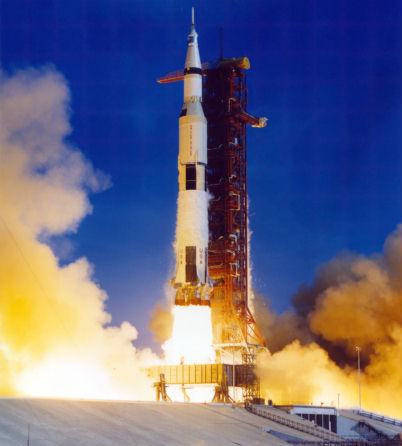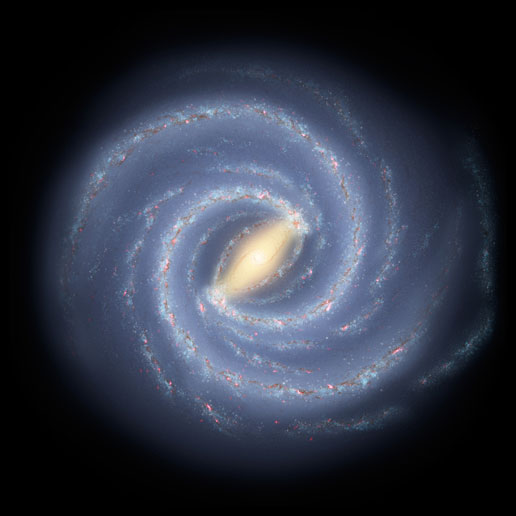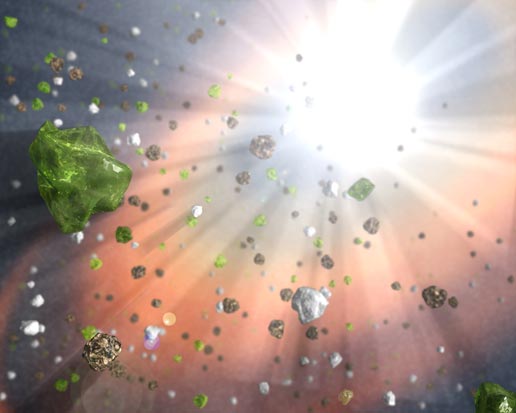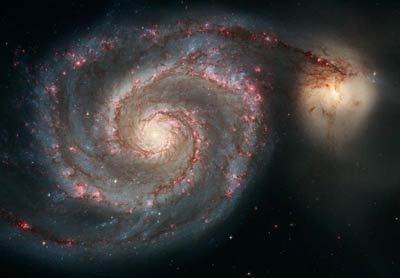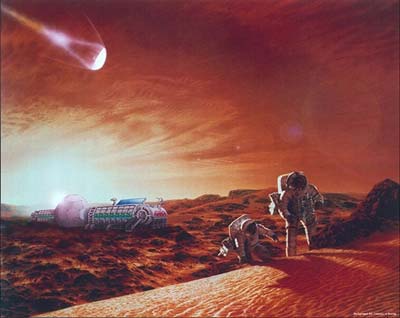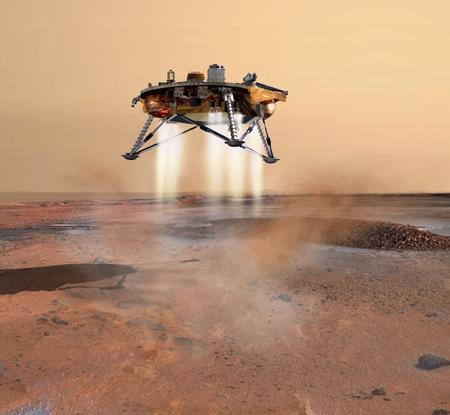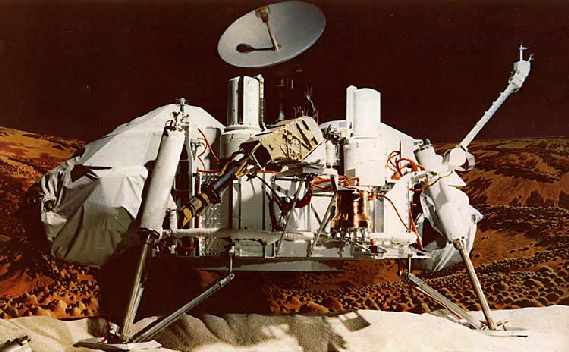You’ve heard me say it 90 times: “How we know what we know.” But how do we know how we know what we know? So astronomers like all scientists use the scientific method. Without the scientific method we’d probably still think the Earth is flat, only a few thousand years old and the center of the universe. But with the scientific method everything changes. From biology, to chemistry, to physics, to astronomy it is impossible to count the number of changes that have happened to human society because of changes brought about from the scientific method. In this episode we tell you about what the scientific method is, how you can use it to improve your life, and discuss why gravity isn’t just a theory.
Click here to download the episode
The Scientific Method – Show notes and transcript
Or subscribe to: astronomycast.com/podcast.xml with your podcatching software.

